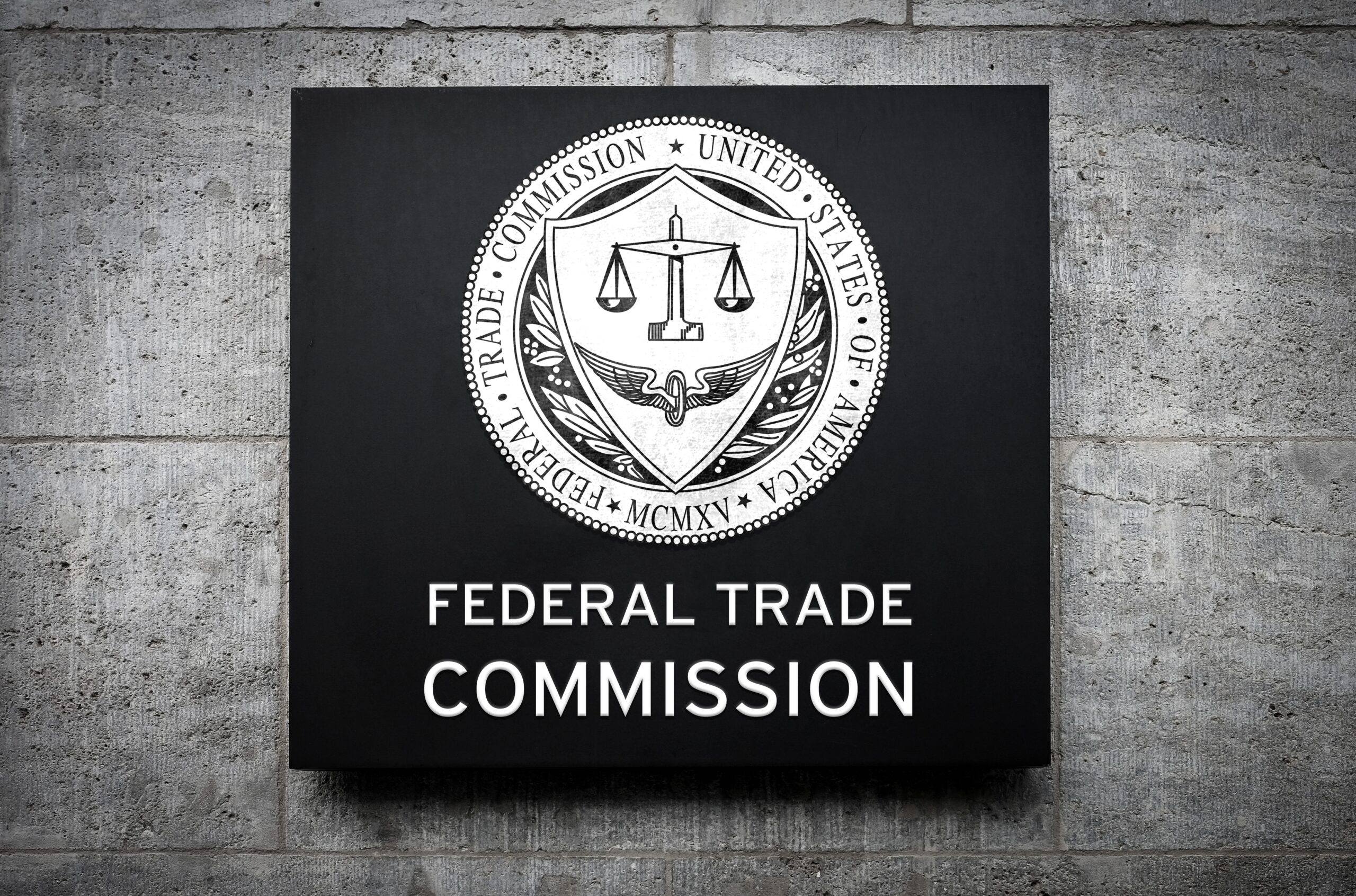The FTC Takes a Narrower Approach to Non-Compete Regulation
By Jill Kahn Marshall and Anna Beckelman
On September 5, 2025, the Federal Trade Commission withdrew its appeals in the Fifth and Eleventh Circuits of decisions that had enjoined the Commission from enforcing its non-compete ban, which prohibited most non-compete agreements nationwide. The FTC, under the Biden administration, had approved the non-compete ban in April 2024, only to face immediate legal challenges. Under the Trump administration, the FTC has indicated it will not defend the non-compete ban further in court or attempt to enforce the ban.
In a statement supporting the FTC’s withdrawal of the appeals, Commissioner Mark R. Meador advocated for a case-by-case analysis of non-compete agreements under Section 5 of the FTC Act, as opposed to a blanket ban. Meador outlined a number of factors the FTC should consider in evaluating non-competes. Such factors include, but are not limited to:
- The risk of “free-riding,” or employees taking employer-specific training, confidential knowledge, or proprietary information to a competitor;
- Whether any less restrictive alternatives are sufficient to prevent free-riding, such as non-disclosure agreements and intellectual property protections;
- The duration and geographic scope of the non-compete;
- The market power of the employer imposing a non-compete;
- Evidence of economic effects, such as reducing labor mobility; and
- Contextual factors such as whether non-competes are commonly used in an industry and the wage and skill levels of the employees impacted by a non-compete.
The same week the FTC withdrew its support for the non-compete ban, it also demonstrated the individualized approach as espoused by Meador. The Commission announced an enforcement action and settlement with Gateway Pet Memorial Services, which had imposed non-competes on nearly all of its employees since 2019. In a statement by Chairman Andrew N. Ferguson, the FTC criticized Gateway for requiring non-competes from hourly workers in “relatively low-skill positions,” noting these employees did not obtain or require “extensive training that might justify some non-compete restrictions.” The FTC also found the nationwide scope of Gateway’s non-compete overbroad and therefore improper.
In a proposed order, the FTC prohibits Gateway from enforcing its existing non-compete agreements and bars Gateway from entering into new agreements with most employees for ten years, while still permitting non-competes for a “director, officer, or senior employee” being granted equity, and in connection with the sale of a business.
While the FTC has abandoned its pursuit of a nationwide non-compete ban, recent events make clear that the Commission will continue to evaluate non-competes when called upon to do so, and will not permit excessive and unnecessary restraints on competition, such as Gateway’s, to remain in force.
 This article is intended as a general discussion of these issues only and is not to be considered legal advice or relied upon. For more information, please contact RPJ Partner Jill Kahn Marshall, who counsels individuals and corporations in the areas of employment law, litigation and dispute resolution, and healthcare. Ms. Marshall is admitted to practice law in New York and Massachusetts, as well as the District Courts for Massachusetts and the Southern and Eastern Districts of New York.
This article is intended as a general discussion of these issues only and is not to be considered legal advice or relied upon. For more information, please contact RPJ Partner Jill Kahn Marshall, who counsels individuals and corporations in the areas of employment law, litigation and dispute resolution, and healthcare. Ms. Marshall is admitted to practice law in New York and Massachusetts, as well as the District Courts for Massachusetts and the Southern and Eastern Districts of New York.

